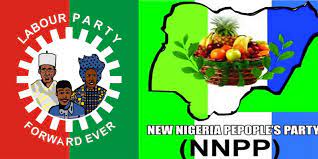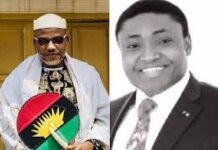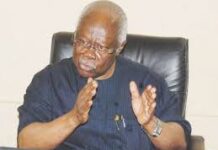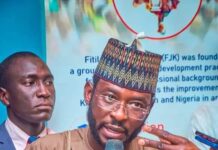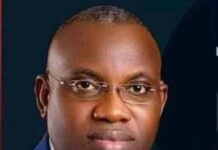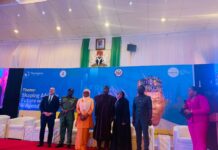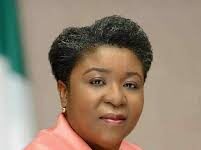2023 Guber Polls: How NNPP, LP Took Over Kano, Abia By Abdulsalam Mahmud and Idris Umar Feta
POLITICS DIGEST – As from May 29 this year, Kano and Abia States will be having two new Governors. But they will not belong to the current ruling parties in the two states.
Engr. Abba Kabir Yusuf of the New Nigerian Peoples Party (NNPP) and Alex Otti of Labour Party (LP) will be succeeding incumbent Governors Abdullahi Umar Ganduje and Okezie Ikpeazu as Kano and Abia Governors, respectively.
The duo were declared winners of penultimate Saturday gubernatorial polls in the two States.
For Kano in particular, the declaration of NNPP’s Abba Gida Gida saw the political duel between two ‘king makers’ – former Governor Rabiu Musa Kwankwaso and incumbent Governor Ganduje – coming to a climax.
While Kwankwaso backed the Kano State Governor-Elect, Ganduje anointed Mall. Nasiru Yusuf Gawuna, his deputy, to succeed him.
But it was NNPP’s Abba Gida Gida who triumphed at the guber election. He polled 1,019,602 votes to defeat Gawuna, who polled 890,705 votes.
Four years ago, the Kano State Governor-Elect had contested against Gov. Ganduje. After the 2019 Kano governorship poll was declared inconclusive, Ganduje, won a supplementary exercise.
Though Abba Gida-Gida lost his first bid to govern Kano, the election brought him to political limelight. It also helped him to emerge victorious in this year’s election.
In far away Abia, LP’s Alex Otti scored a total of 175,467 votes to beat his closest rival and candidate of the Peoples Democratic Party (PDP), Okey Ahiwe. The latter polled 88,529 votes to come second in the state’s governorship poll.
Like Abba, Otti’s LP is relatively unknown and not as popular as the All Progressives Congress (APC) and the PDP.
But while Abba Kabir Yusuf may have been supported by his godfather in politics, Sen. Kwankwaso, Otti owes his electoral victory partly to the ‘Obi Movement’, who played an instrumental role in seeing him emerge as Ikpeazu’s successor.
Nevertheless, Otti, himself, believes he had been a formidable force in Abia politics, for several years.
Read Also:
He said, “In 2015 when I ran under APGA, there was no Peter Obi. And we have it on our record that I won that election. At the time we joined the Labour Party, Peter Obi had not joined.
“It took about a week before he called me and said that he purchased the presidential nomination form and he was coming to the Labour Party.
“Peter Obi is a great addition to our campaign, but I can tell you that we won an election before in Abia without him.
“Hence, it may be safe to say that Otti’s emergence was only spiced by the Obi Movement”.
Despite being considered underdogs in the just-concluded 2023 elections, the Labour Party and NNPP defied every odds to post a stellar performance, in Abia, Kano, and other States in the South East.
The NNPP, in particular, saw its success in Kano during the presidential election as a foretaste of what may happen in the gubernatorial poll.
Equally, Peter Obi’s strong showing during the presidential election empowered the belief that LP would be able to capture more states in the recently-held governorship and state House of Assembly elections.
However, despite the promising signs, the two parties were only able to secure one state each, with a Governor-Elect. But political analysts are of the view that the performance of the NNPP and LP is a significant achievement for relatively unknown parties.
Previously, Nigeria’s political landscape was largely dominated by two major parties. However, the recent success of the LP and NNPP in securing a governorship position has signaled the emergence of new players in the political arena.
This success is a testament to the growing desire among voters to seek out alternative options beyond the established parties.
The LP and NNPP feats in the 2023 elections show that Nigeria’s democracy is evolving and becoming more diverse. But it behooves the two parties to encourage other smaller parties to contest elections and give voters more choices during elections.
This will ultimately lead to a more robust political landscape, where voters have the power to shape the direction of the country, by selecting the party and candidates that best align with their values and aspirations.

